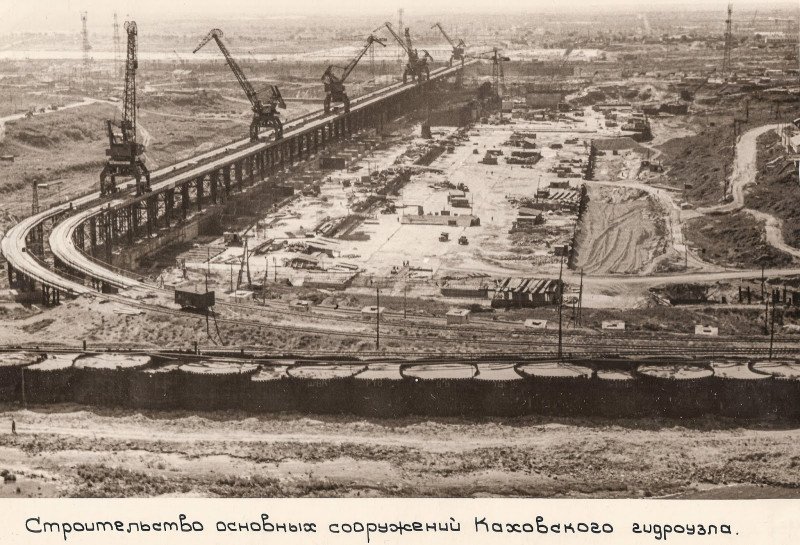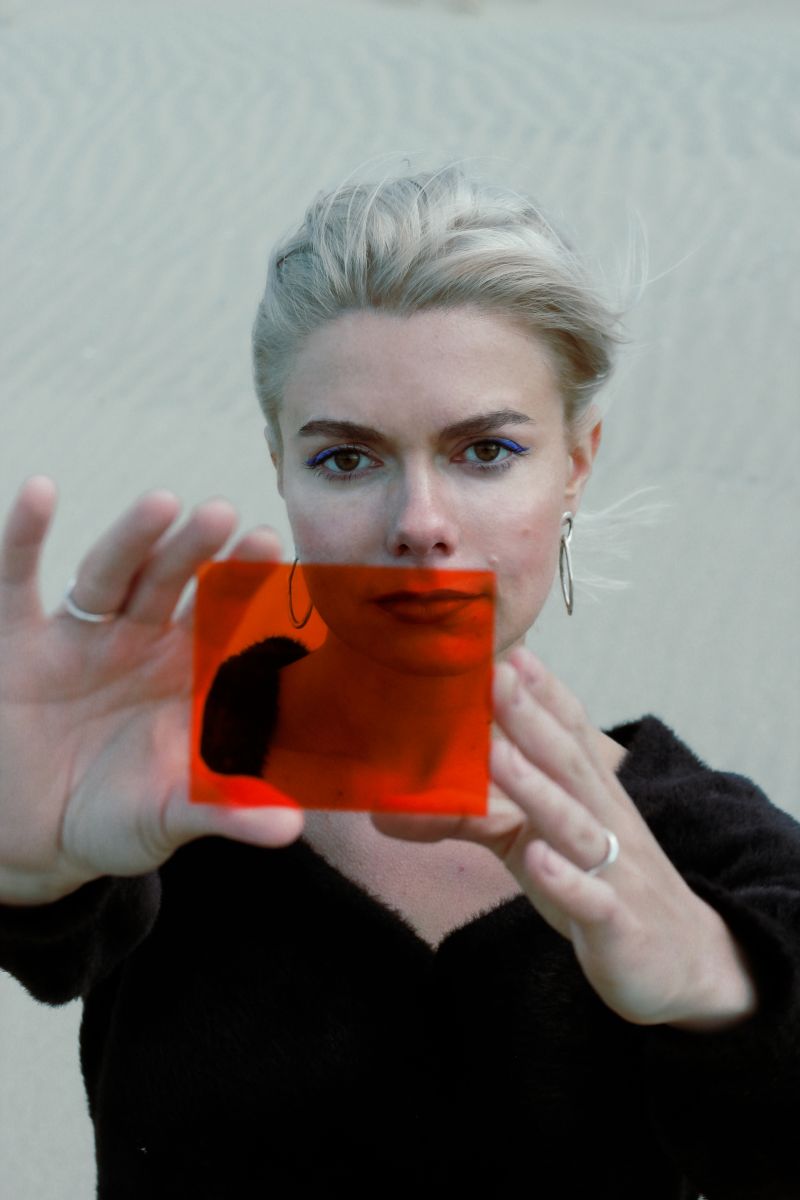table-4 Table 4 BACKWARDS FREESTYLE
Karina Hernandez, Corentin Morgan de Rivery, Piotr Kalbarczyk, Svitlana Usychenko

The destruction of the Kakhovka Dam and the resulting environmental and humanitarian disaster stand as a devastating tragedy today. It is crucial to recognise that the construction of the very same dam was equally a great tragedy. This area, once abundant with productive marshes (a biodiverse and complex system of animals, plants, birds, fish, and other aquatic species), transformed into a place where political powers assumed a new form — the knowledge and command of space.
The Kakhovka Dam is a manifestation of Stalin's "Great Plan for the Transformation of Nature," which aimed at fully changing the physical environment for regime developmental purposes and establishing control over the previously 'uncontrollable' territory. Ironically, the destruction of the Kakhovka Dam by the Russian Forces in 2023 serves as a metaphor for the dismantling of their own system of centuries of control.
With the breach of the Kakhovka Dam, not only did sediment of historical relics and memories emerge, but also centuries of traumas, simultaneously revealing 2000 square kilometres of the former underwater significant archaeological sites crucial to Ukrainian history. Moreover, despite the widespread devastation caused by the dam breach, some environmentalists argue against the reconstruction of the Kakhovka Dam, deeming it "inefficient" and detrimental to the environment.
Landscapes are reconstructed in response to people’s changing definitions of themselves and the world.
How can we manifest through space the new period of a Free Ukraine, which is not based on control but on the recognition of freedom and the rights of humans and beyond humans? How can design tools be employed to subvert existing systems of colonialism, capitalism, and control, replacing them with structures based on the principles of togetherness, coexistence with nature, and its dynamics?

Lesia Topolnyk (Dutch-Ukrainian) was born in Ukraine and received her education as an architect in various countries. She graduated from the Amsterdam Academy of Architecture in 2018 with the project "Un-United Nations Headquarters" on the Annexed Crimean peninsula. For this work, Lesia received the Archiprix National and International awards in 2019. In 2022, she won the Prix de Rome (the most prestigious Dutch prize for artists and architects under 35) with the project "No Innocent Landscape" about a mining village Hrabove in Eastern Ukraine.
Lesia established Studio Space Station to address pressing societal and environmental issues. Her work resides at the intersection of architecture, politics, and art, giving form to the vital interaction between visible and invisible processes, and bridging global and local concerns.
Table 1 Future proof just land use and land ownership
Table 2 Innovative Rainwater Management
Table 3 strategies for regeneration of the river bed and river
Table 4 BACKWARDS FREESTYLE
Table 5 The Space that Water Leaves Behind
Table 6 free fertile land
Table 7 System mind-mapping
Table 8 Great meadow
Table 9 Urgent Urbanism

